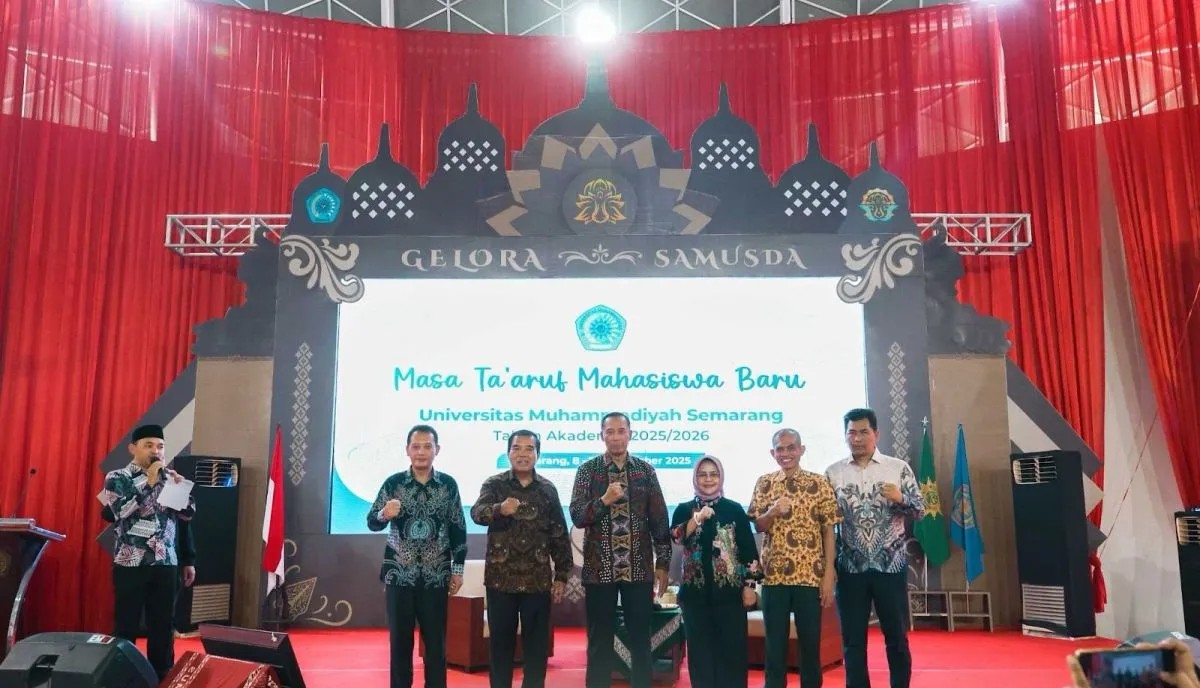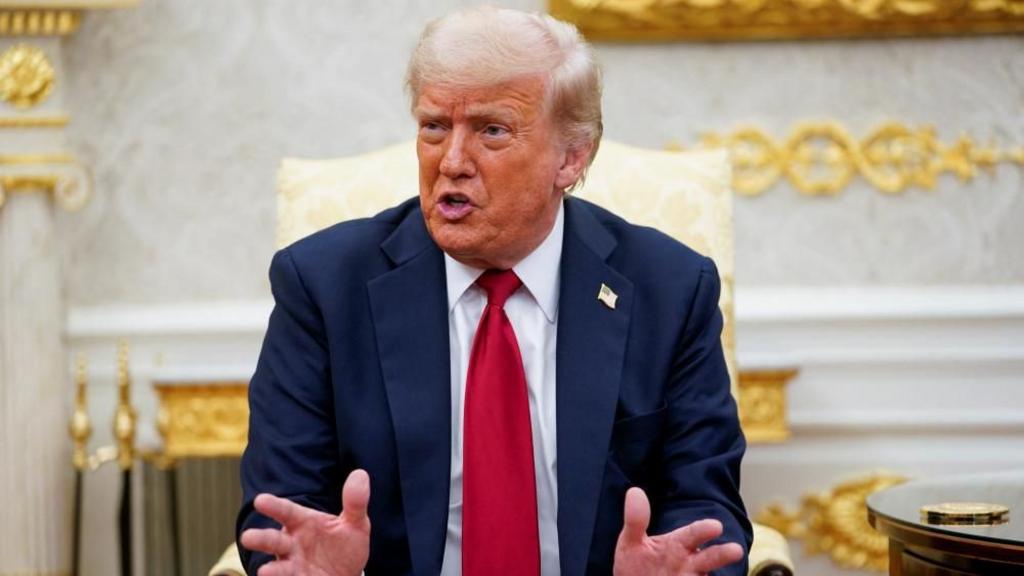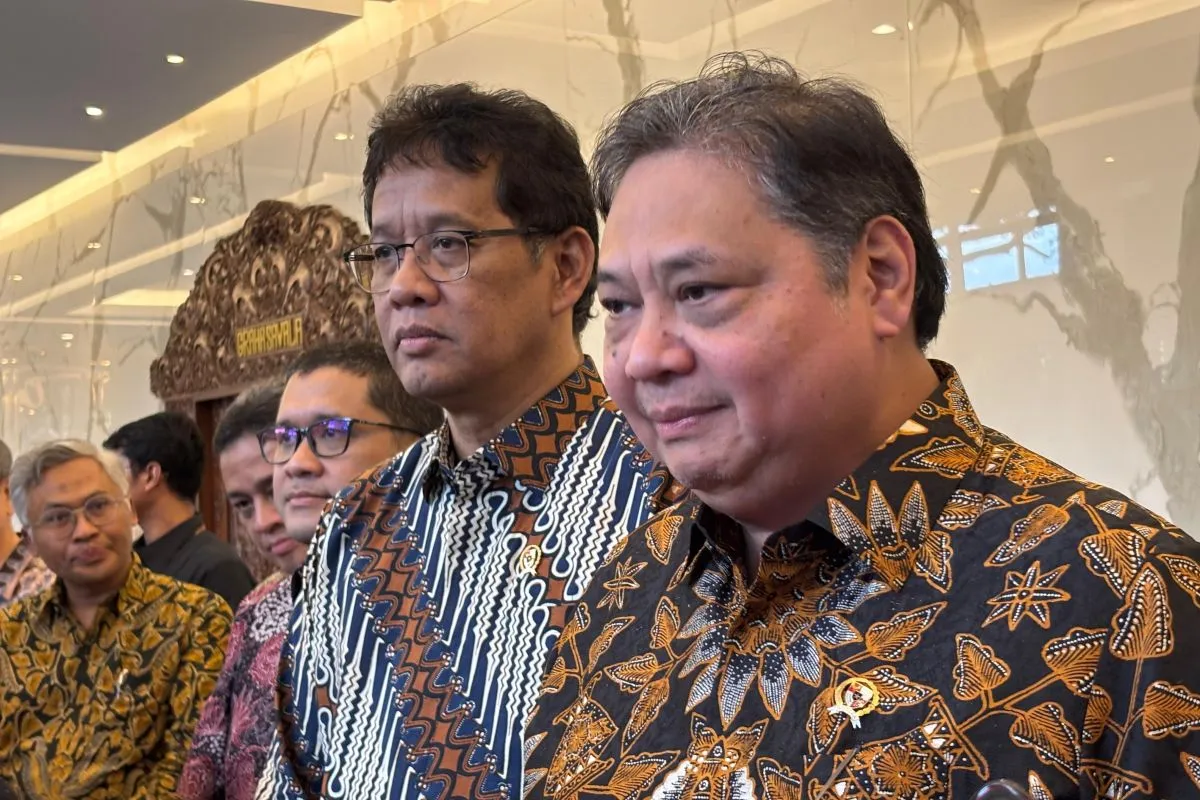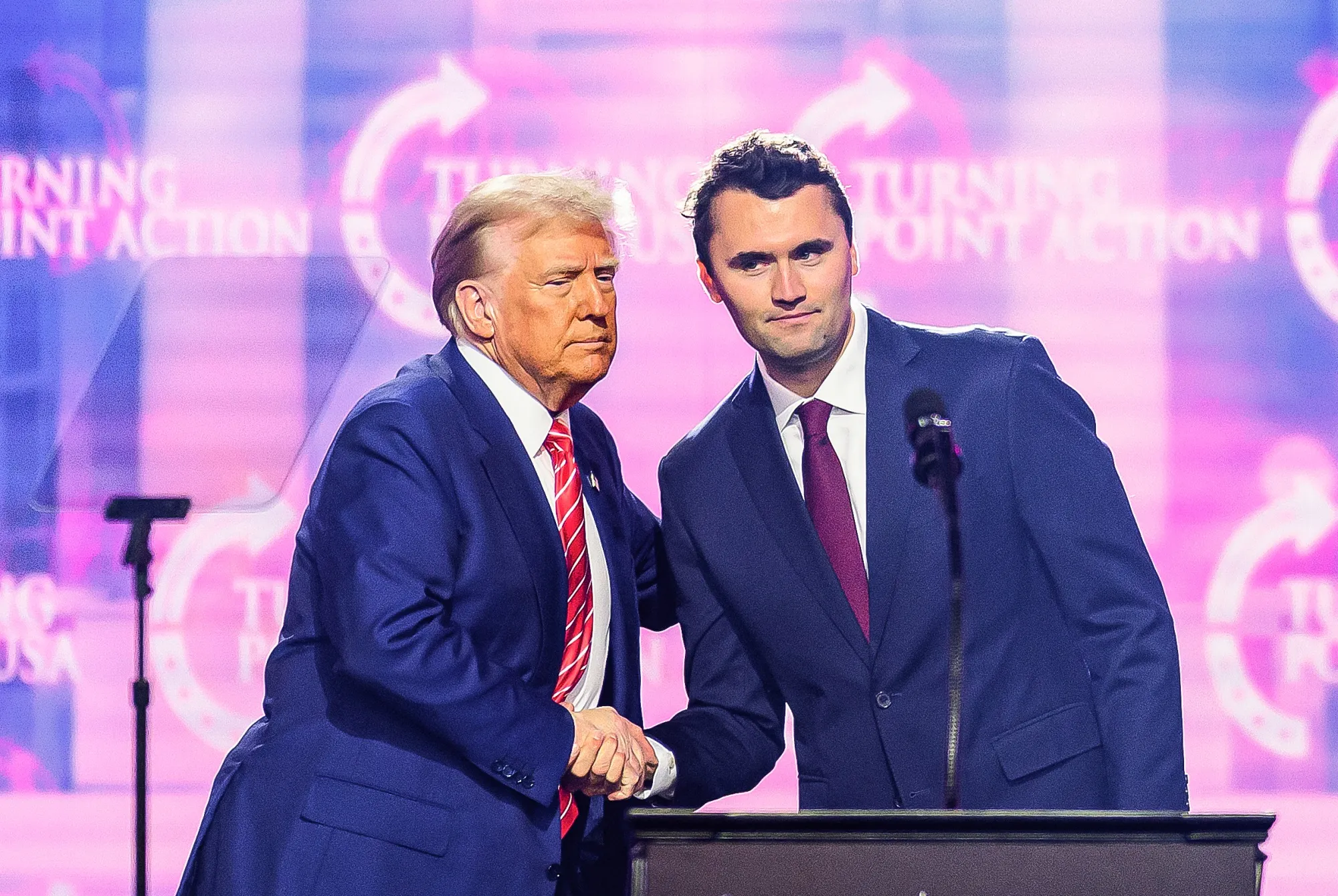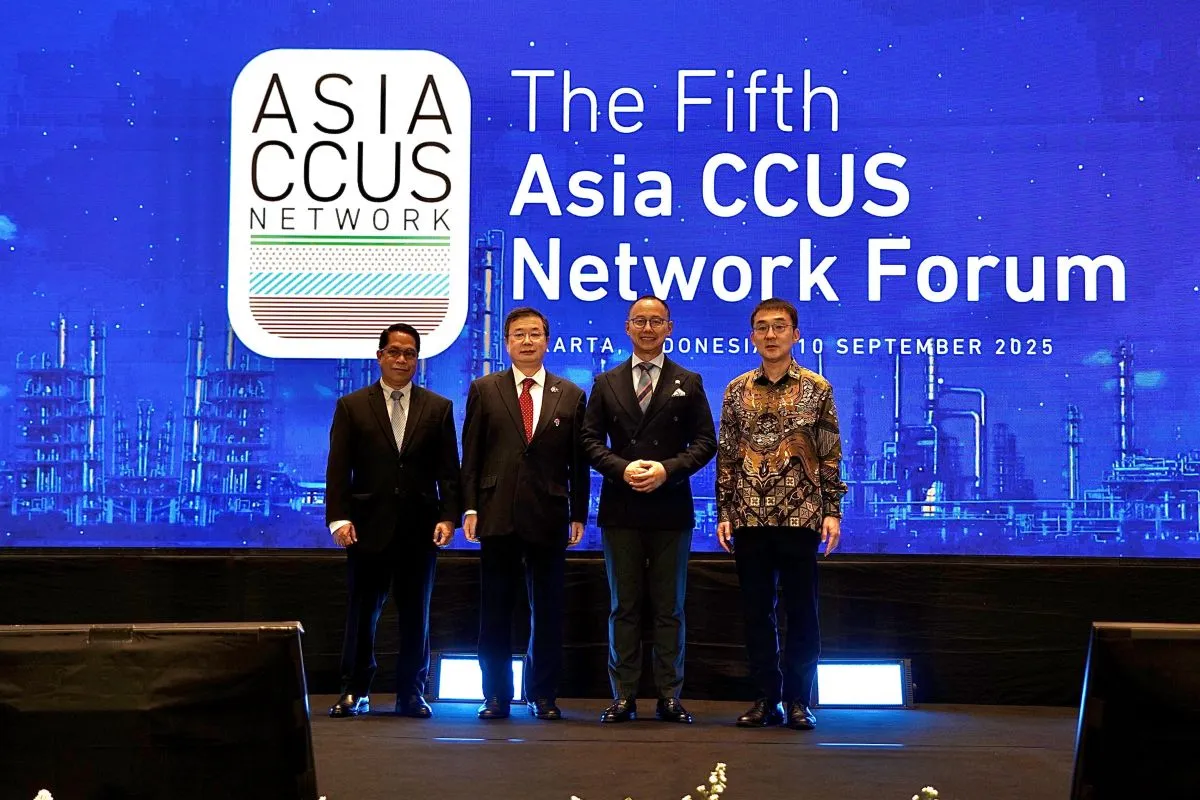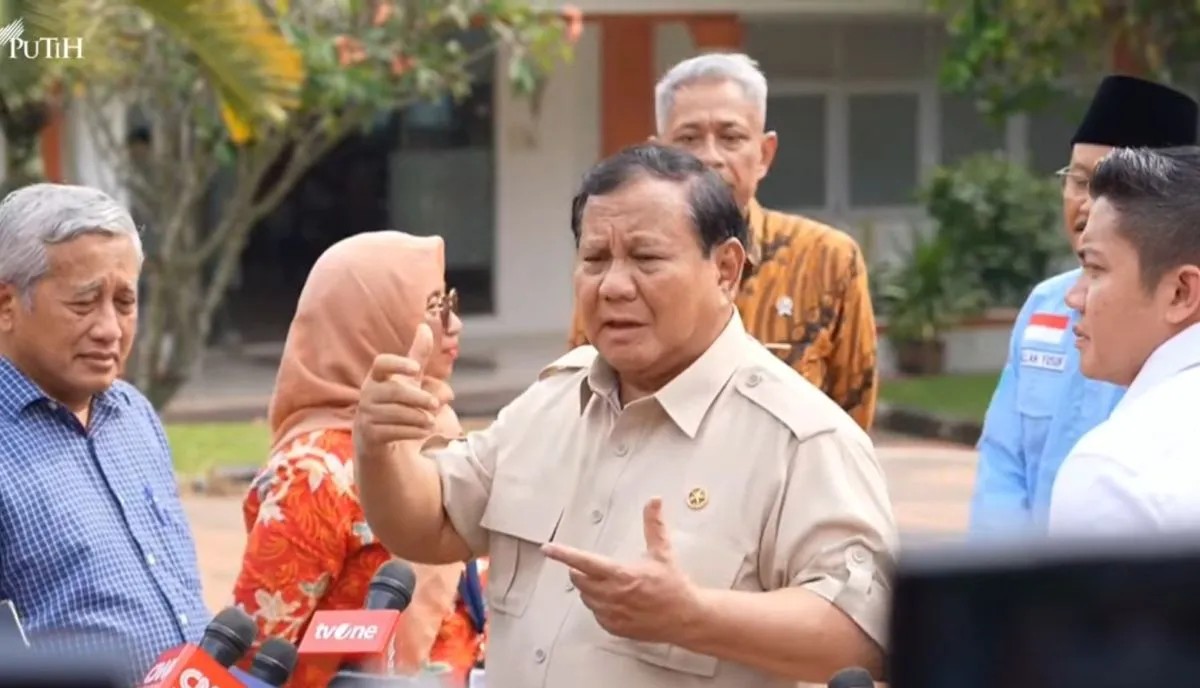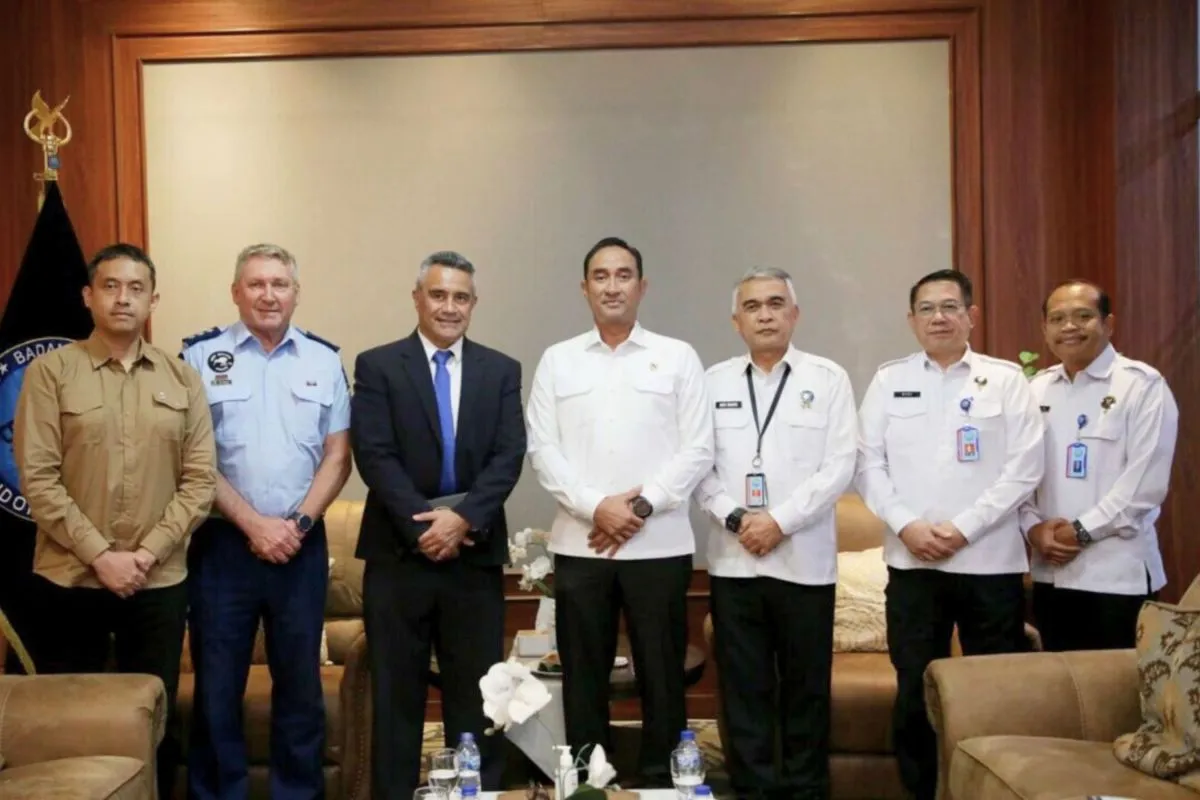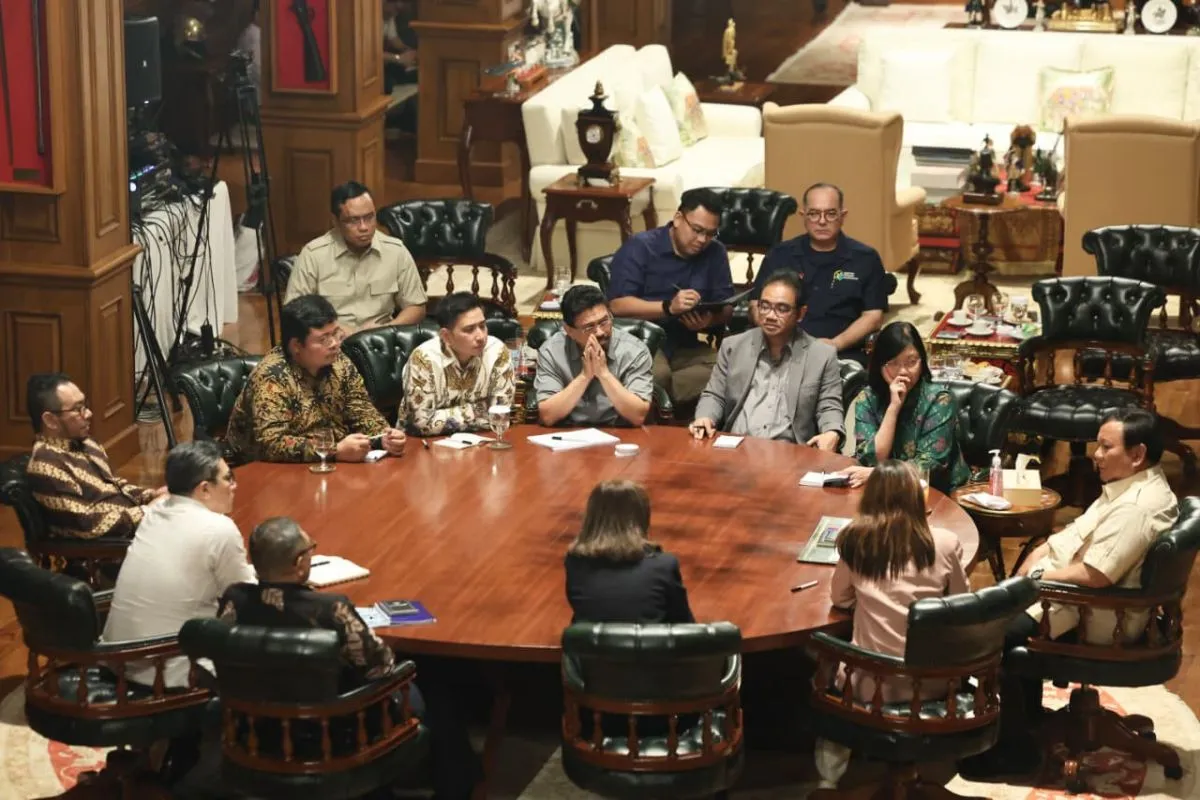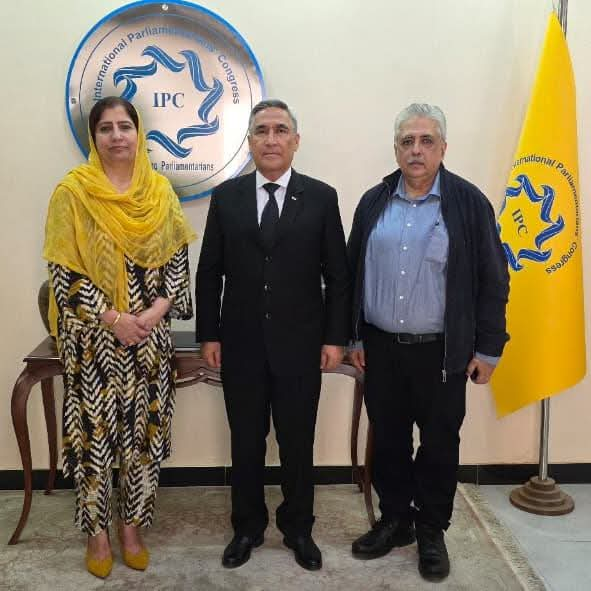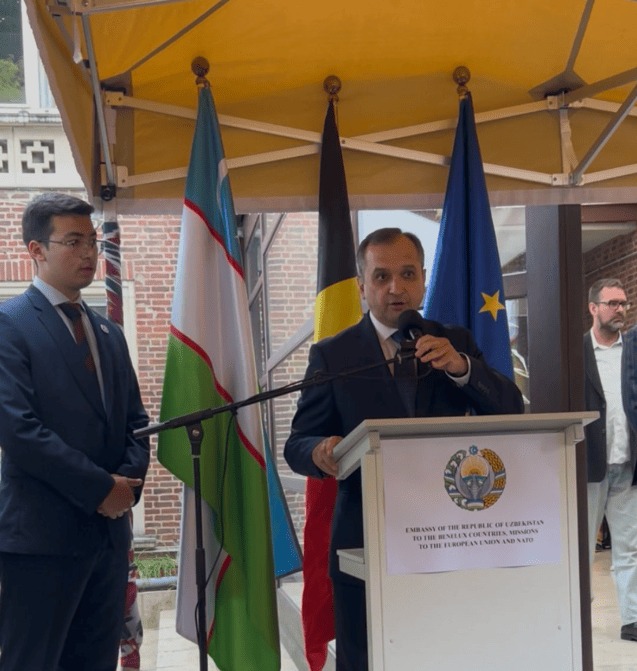Jakarta, April 26, 2025 – The Europe Today: Finance Minister Sri Mulyani Indrawati emphasized that Indonesia’s strategies to mitigate the impact of the United States’ reciprocal tariffs are designed not only to reduce potential economic shocks but also to create new opportunities for broader, more sustainable growth.
“I am optimistic that the steps we have prepared will not only help us reduce shocks but also open more opportunities to realize a more inclusive and sustainable economic growth,” Indrawati stated during an interview on the sidelines of the 2025 IMF-World Bank Spring Meetings, as quoted from her official Instagram account @smindrawati on Saturday.
The minister underlined that Indonesia prioritizes dialogue in its approach, seeking a deeper understanding of the U.S. administration’s perspective and intentions. Through these engagements, Indonesia aims to propose solutions that could contribute to narrowing the United States’ trade deficit with Indonesia.
Indrawati reaffirmed the Indonesian government’s commitment to lowering tariff and non-tariff barriers, with ongoing efforts in deregulation and administrative reform to support trade and investment activities.
While bilateral negotiations are ongoing, Indonesia is also accelerating efforts to diversify its export markets. “Our deliberations with partners, such as the ASEAN Plus Three and the European Union, are still ongoing in pursuit of mutually beneficial cooperation,” she remarked.
U.S. Treasury Secretary Scott Bessent earlier projected that balancing the U.S. trade deficit with its partner countries could require two to three years.
Meanwhile, Coordinating Minister for Economic Affairs Airlangga Hartarto highlighted that Indonesia received praise for its swift negotiation efforts and comprehensive cooperation proposals aimed at addressing the U.S. trade deficit.
Hartarto detailed that Indonesia’s proposal spans five key cooperation areas: national energy resilience, expanded export market access, business and investment deregulations, strengthening strategic industries and critical minerals supply chains, and improving access to technology and innovation.
Both Indonesia and the United States have agreed to hold intensive technical discussions over the next two weeks to formulate concrete, mutually beneficial solutions.

